
A recent study also showed that using an intrauterine device may lower a woman's chances of developing cervical cancer by almost 50 percent. But, like all other birth control options, the Mirena coil does have potential side effects. One of those is weight gain. The active hormone in the Mirena coil, levonorgestrel, makes the mucus at the neck of the cervix thicker.
This makes it very hard for sperm to get in there, and helps prevent pregnancy. The same hormone is also responsible for a possible side effect no woman wants: weight gain. Not every woman who uses the Mirena IUD experiences weight gain as a side effect. The most common side effects of the Mirena coil are ovarian cysts and unusual menstrual bleeding. And the placement procedure can be painful as well. Less common are headaches, abdominal pain, mood swings and... weight gain. This affects around one in a 100 users of the Mirena coil.
If you have noticed significant weight gain after having the Mirena intrauterine device placed, you may continue to monitor the developments and let your doctor know. It is possible that your body simply needs time to adjust to the hormones, and you will stop gaining weight after a while. If you are bothered by your weight gain, or you also have other unwanted side effects, you may consider switching to another birth control method after a while.
The more traditional coil may be a good alternative for you. If you have previously experienced side effects while on other hormonal contraceptives that contain levonorgestrel, you may want to avoid the Mirena coil in the first place.


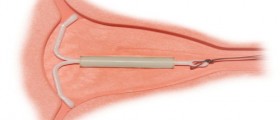
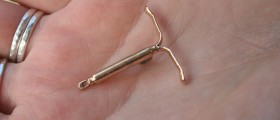

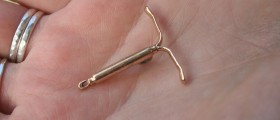

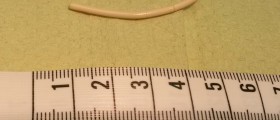
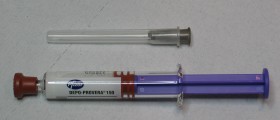
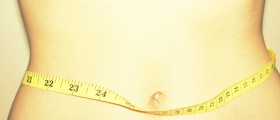







Your thoughts on this
Loading...